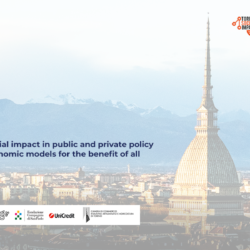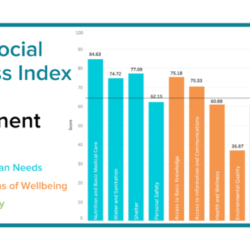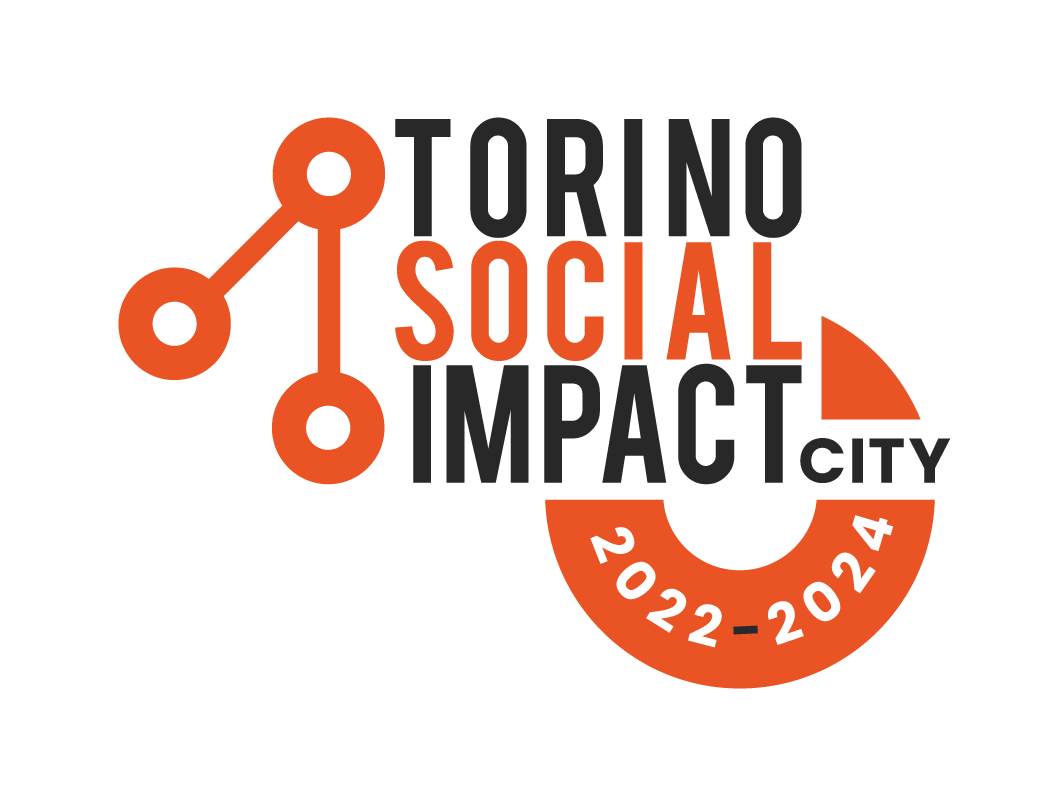Approximately 5,500 organizational forms with social impact operate in Piedmont, mainly in the area of associations and volunteering, growing by 11% compared to 2019. Piedmont’s productive third sector, composed of social enterprises and cooperatives, counts about 1,000 realities, which in 2020 generated 1.8 billion in turnover and employed 57 thousand workers.
Presented today at an online press conference, the data relating to the surveys carried out by the Turin Chamber of Commerce and Isnet (Association for the development of social enterprises) on the complex world of social economy. In addition to a mapping of the realities operating in this field, business models developed following the pandemic and the spread of social impact purchasing were analyzed.
“With a turnover of 1.8 billion, the third sector in Piedmont employs 57,000 people, mainly concentrated in social cooperatives,” explains Dario Gallina, President of the Turin Chamber of Commerce. – Therefore, this is an important sector that we have been following for years, with surveys and dedicated initiatives, also investing in the training of those who are called upon to give value to the social impact generated by these realities. We have also been supporting the Torino Social Impact Platform since its inception, which this year has achieved important results: the development of the Competence Center for Social Impact Measurment, the European positioning of the territorial ecosystem through highly structured relationships and the delivery of projects shared between partners.”
“To date, Torino Social Impact has 170 partners including social enterprises, accelerators and incubators, public bodies, foundations and financial institutions, start-ups, universities, spaces and networks of expertise, associations and companies that make up an increasingly attractive and innovative ecosystem in the field of social innovation and impact economy – adds Mario Calderini, spokesperson for Torino Social Impact. – The data presented today are useful and important because they serve to effectively direct TSI actions, selecting the projects that can bring the greatest results, such as the social procurement program aimed at the world of social enterprises”.
Popular
 A New Impact Era: the GSG Leadership Meeting in… 14 April 2022
A New Impact Era: the GSG Leadership Meeting in… 14 April 2022  Young Challengers Program 2022 7 July 2022
Young Challengers Program 2022 7 July 2022  Turin chosen to host Cities Forum 2023 26 April 2022
Turin chosen to host Cities Forum 2023 26 April 2022  Announced the 2020 Social Progress Index 6 October 2020
Announced the 2020 Social Progress Index 6 October 2020  The Impact Housing Foundation has been launched 30 August 2021
The Impact Housing Foundation has been launched 30 August 2021 


